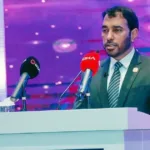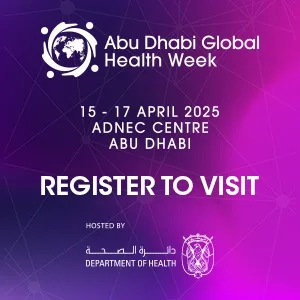In a recent address, President Ranil Wickremesinghe emphasized the critical need for Sri Lanka’s Healthcare Excellence to bolster its burgeoning medical tourism sector. Speaking at an event on September 9th, the President highlighted various initiatives aimed at addressing the healthcare system’s challenges and shortages while promoting the country as a healthcare destination.
Restructuring Healthcare Policies
President Wickremesinghe stressed the urgency of restructuring healthcare policies to enhance the quality of medical services in the country. He recognized the shortage of doctors as a significant obstacle and emphasized the importance of increasing the number of medical colleges. This move would not only address the shortage but also elevate the standard of healthcare education in Sri Lanka.
Establishing a Non-Government Medical Faculty
In a groundbreaking announcement, the President revealed plans to establish Sri Lanka’s first non-government medical faculty. This initiative marks a significant step in expanding medical education within the country, attracting aspiring medical professionals and students.
Collaboration for Medical Education
President Wickremesinghe acknowledged that some Sri Lankan doctors practice abroad. However, he stressed the need to increase the number of medical professionals in the country. He hoped for the establishment of more medical colleges and universities with government support, which would increase the local production of doctors in Sri Lanka.
Sri Lanka’s Healthcare Excellence Initiatives
The President expressed his determination to transform Sri Lanka from an aid-receiving country into a donor nation. Sri Lanka has extended support by sending doctors to countries like the United Kingdom, Pakistan, Bangladesh, and India. Their expertise is invaluable in sustaining healthcare systems. This commitment showcases Sri Lanka’s progress and its ambition to address healthcare needs independently.
Public-Private Synergy in Healthcare
President Wickremesinghe unveiled a novel approach aimed at fostering synergy between the private and public healthcare sectors. This collaborative effort ensures that both sectors work together effectively for the greater good, ultimately strengthening the nation’s healthcare system.
Hybrid Healthcare System and Health Insurance
The President also shared insights into efforts to create a hybrid healthcare system that combines public and private healthcare services. Additionally, the government is exploring the potential of health insurance to further improve accessibility to healthcare services in Sri Lanka.
Private Sector’s Role in Growth and Development
In his closing remarks, President Wickremesinghe emphasized the pivotal role of Sri Lanka’s private sector in propelling the country’s growth and development.
He cited Joseph Fraser’s legacy as an example. Through dedication and perseverance, Fraser significantly contributed to Sri Lanka’s progress.
President Ranil Wickremesinghe’s visionary approach underscores the government’s commitment to addressing the healthcare workforce shortage in Sri Lanka. Simultaneously, it positions the nation as a premier healthcare destination for medical tourists. Sri Lanka’s Healthcare Excellence initiatives aim to create a robust, accessible, and world-class healthcare system, paving the way for a promising future in health tourism.



















